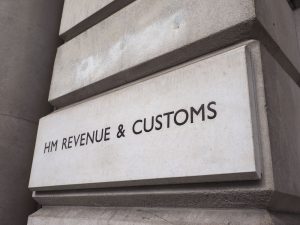Which UK town has the most tax avoidance?
Commuter belt St Albans is the worst part of the UK when it comes to unpaid tax according to research by UHY Hacker Young
Commuter belt St Albans is the worst part of the UK when it comes to unpaid tax according to research by UHY Hacker Young

Commuter belt St Albans is the worst part of the UK when it comes to unpaid tax.
That is according to research by UHY Hacker Young, which showed that there were 24 disclosures of unpaid tax per 100,000 population last year.
St Albans was followed by Edinburgh in second place with 23, and then Slough with 19.
The top ten also featured London with 15 per 100,000 people, Bristol with 14 and Oxford, also with 14 cases.
UHY Hacker Young said that postcodes with high numbers of disclosures tended to be wealthier and their residents had more complex tax affairs. These individuals were more likely to make a disclosure in the first place.
HMRC’s moves to tackle tax planning schemes by high net worth individuals may have been a driving factor. Their active approach may have led more people to come forward, which generally makes HMRC more lenient with penalties.
HMRC has put significant resources into investigating the affairs of high net worth individuals in recent years, according to UHY Hacker Young. This is in an attempt to recuperate more money which is being lost by evasion or avoidance schemes.
Several specialist teams in HMRC are dedicated to this task, including the new “Offshore Corporate and Wealthy Unit” which launched more than 800 investigations in 2018 alone.
England and Wales saw 11 disclosures per 100,000 population on average last year. There were about 6,380 disclosures made overall.
Andrew Snowdown, partner at UHY Hacker Young, said: “Tax avoidance is not restricted to super-rich neighbourhoods of London such as Kensington and Chelsea. A lot of middle income earners have been sucked into tax schemes over the last two decades.”
“Some very normal commuter belt towns like Slough are minor hotspots for admitting unpaid tax which may reflect their residents’ views on the rising tax burden in areas like income tax and SDLT.”
“Coming forward to make a tax disclosure is a far better option then burying your head in the sand as many people last year realized.”
“HMRC is prone to take a much more lenient approach if a disclosure is made unprompted. A prompted disclosure could result in fines of up to 100% of the tax owed.”
“As HMRC continues to beef up its compliance teams and data resources, there is increasingly nowhere to hide for those with unpaid tax bills.”
“Making a disclosure it almost always the best way to deal with an irregular tax position but it’s important to seek professional advice before doing so in order to get the best possible settlement.”